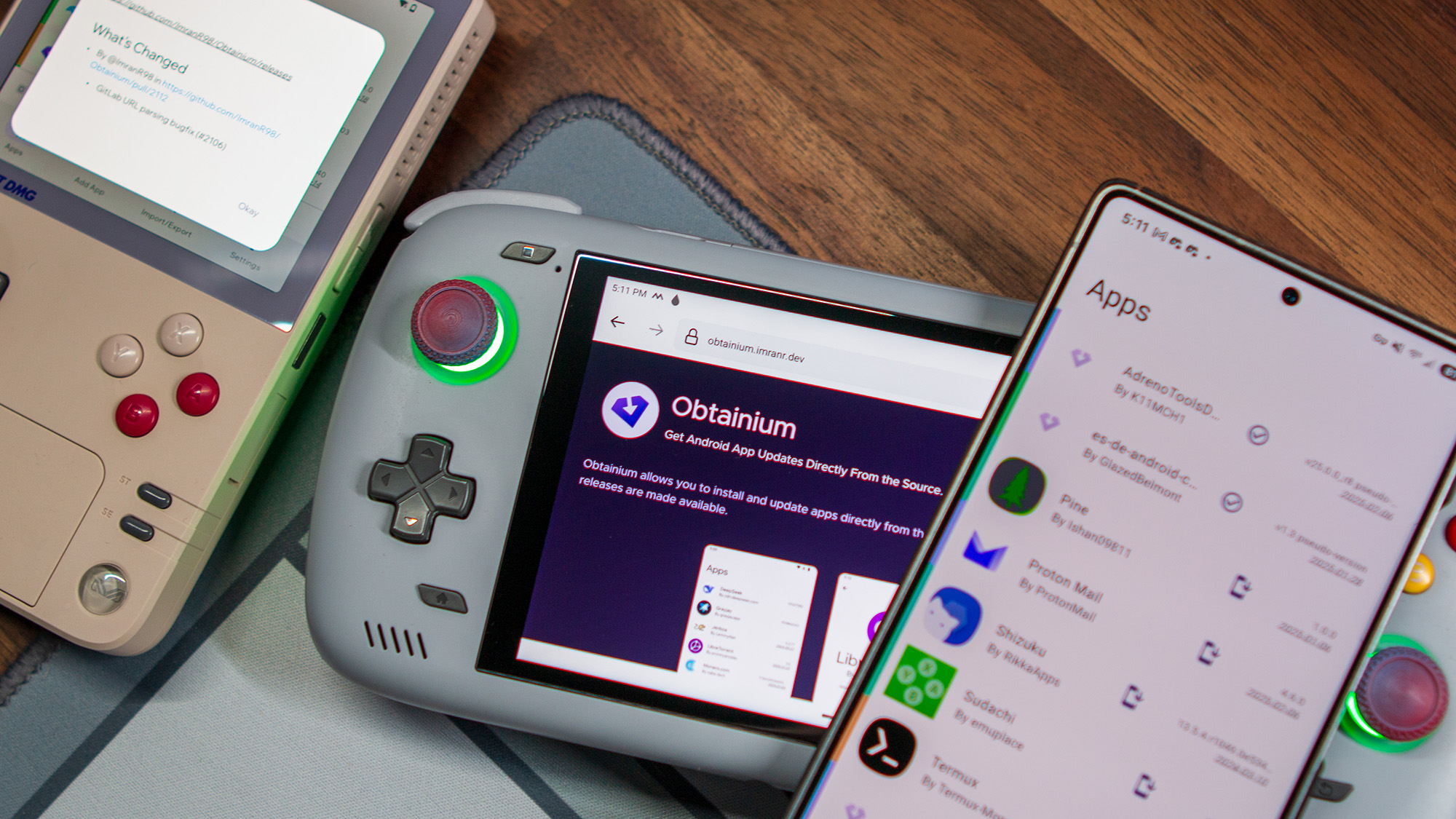
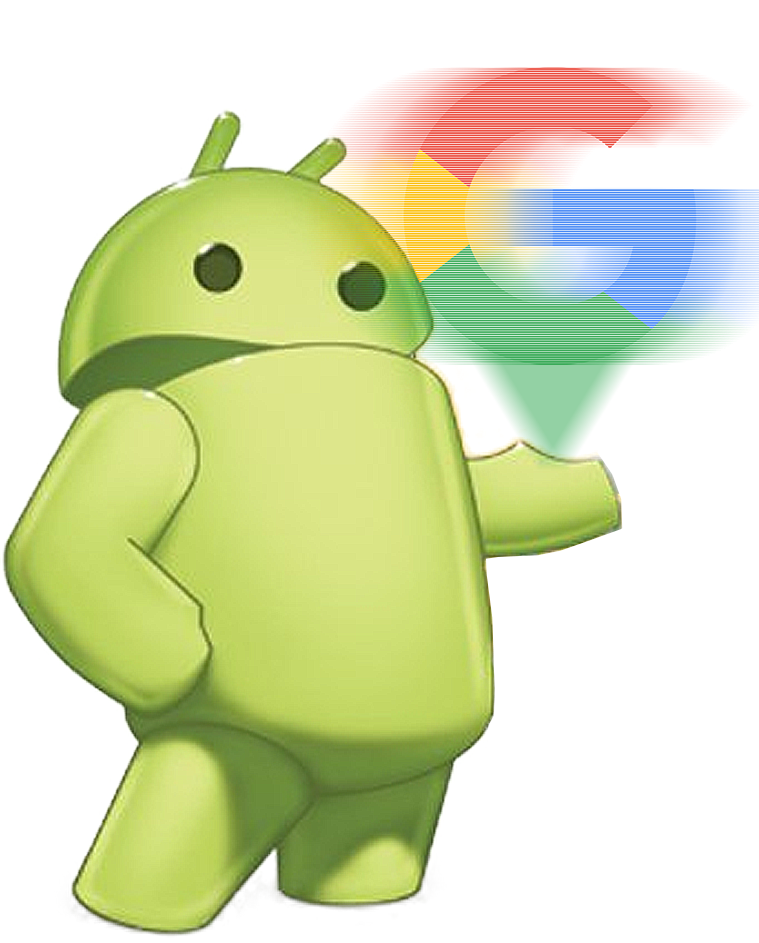
Beyond the Alphabet is a weekly column that focuses on the tech world both inside and out of the confines of Mountain View.
Okay, the headline might be a little harsh, but I feel like the Play Store has evolved (or devolved) into one of those massive indoor flea markets with every square inch packed to the point that it's spilled out into the parking lot with people setting up tables.
To continue this random but apt analogy, you'll head over and see the same stores that have been there for years. You'll also see a few newcomers who are trying to fit in while offering a bunch of goodies for cheap. Then, there are those who don't fully understand the concept of a "flea market" and are there for all of the wrong reasons.
This is pretty much how the Play Store shakes out, with many of the usual suspects holding ground in the "Top Charts." Occasionally, a new app or game will slowly (or quickly) arrive with a lot of excitement before nestling in with the rest and bumping others out. Then, we have the nefarious apps. The ones that have a nice coat of paint, but are only there to either drain your Play Store balance or worse.
Thankfully, there are a few trusted Play Store alternatives that I've been enjoying to help make finding apps exciting again.
Enough apps to make your head spin
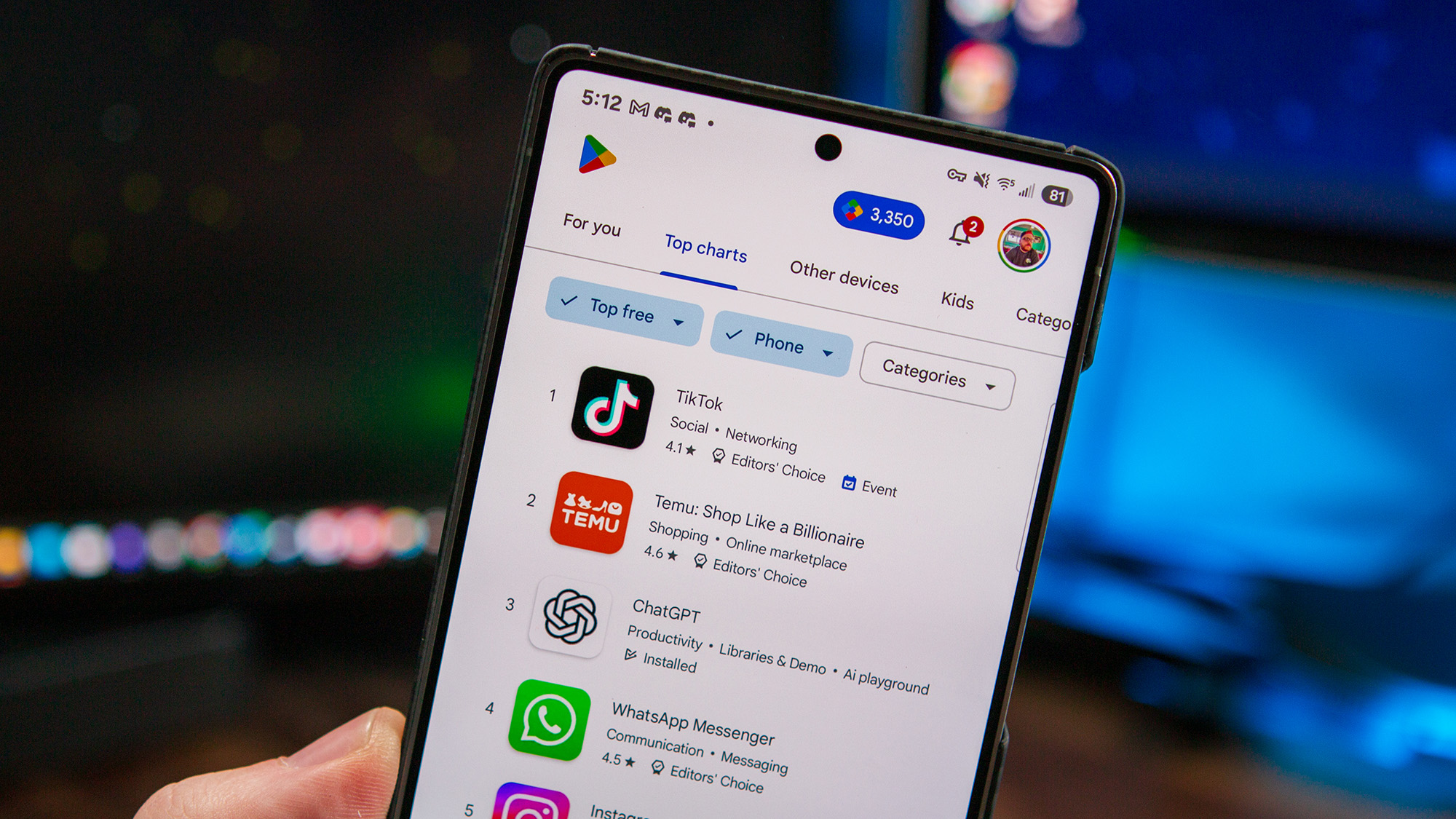
My first problem comes with actually finding apps. As of early February 2025, 42matters claims there are almost 2.1 million apps on the Play Store. Apparently, more than 1,100 new apps are published every day, with an average of almost 42,000 apps arriving every month. This brings me to my first issue with the Play Store — search.
How is it that a search engine can be so bad at search? Sure, it works fine if you know the name of the app that you're looking for. But try to search for "KWGT" or "icon packs." You'll get plenty of results, but there's no rhyme or reason for how the options are displayed. And it's not like you can just sort by "recently updated" or by the highest rating.
Of course, this problem really only surfaces when searching for more broad terms, but it's still something that drives me crazy. It also drives me crazy that, with some app listings, it's practically impossible to see the last time that it was updated.
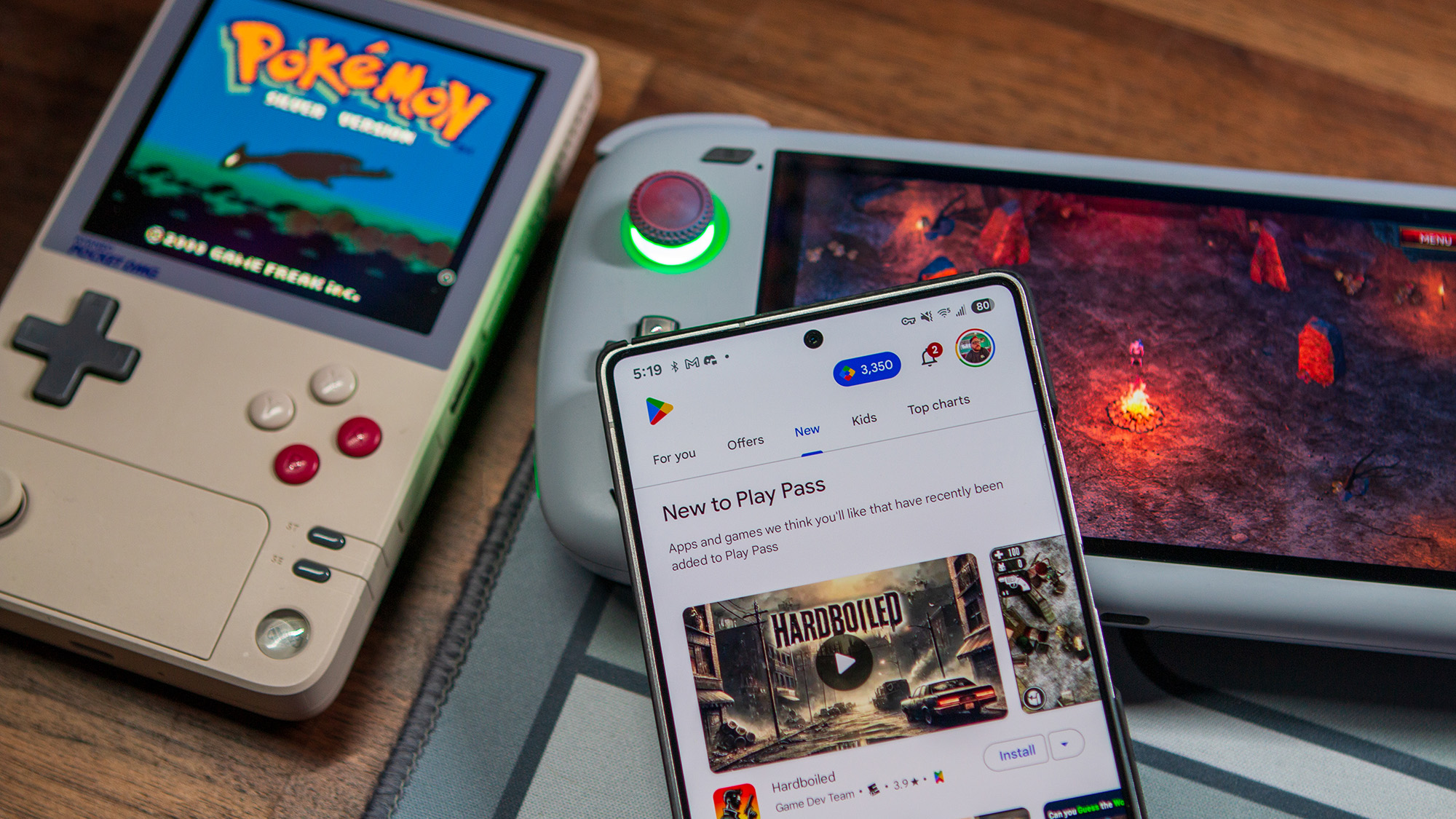
Speaking of which, I can't tell you how many times I've gone to open and use an app, only to have to wait for it to be updated, despite the fact that it should have been updated overnight while my phone was charging and while I was asleep. No, it's not some game-breaking problem, but if I check the box for an app or my phone to do something, I expect it to be done.
Oh, and don't even get me started on games. One of the biggest reasons why I'm still subscribed to Play Pass is that it surfaces games that aren't just looking for ways to extract as much patience and money from me as possible. Which is exactly what most of the "Top Charts" consist of anymore. It's not entirely Google's fault, but both Apple and Google are a bit to blame here.
Stepping into the world of FOSS

Wouldn't ya know, for the 2.1 million apps on the Play Store, there's a whole world of apps that are available. Many of which are FOSS or "free and open source software," and are just a few taps away.
F-Droid is probably something you've heard of before, as it's essentially the Play Store for FOSS apps. The only "catch" is that you first need to sideload the F-Droid app or one of the clients like Neo Store and Droid-ify. And honestly, you'll probably want to try out Neo Store or Droid-ify because the F-Droid app itself looks rather archaic.
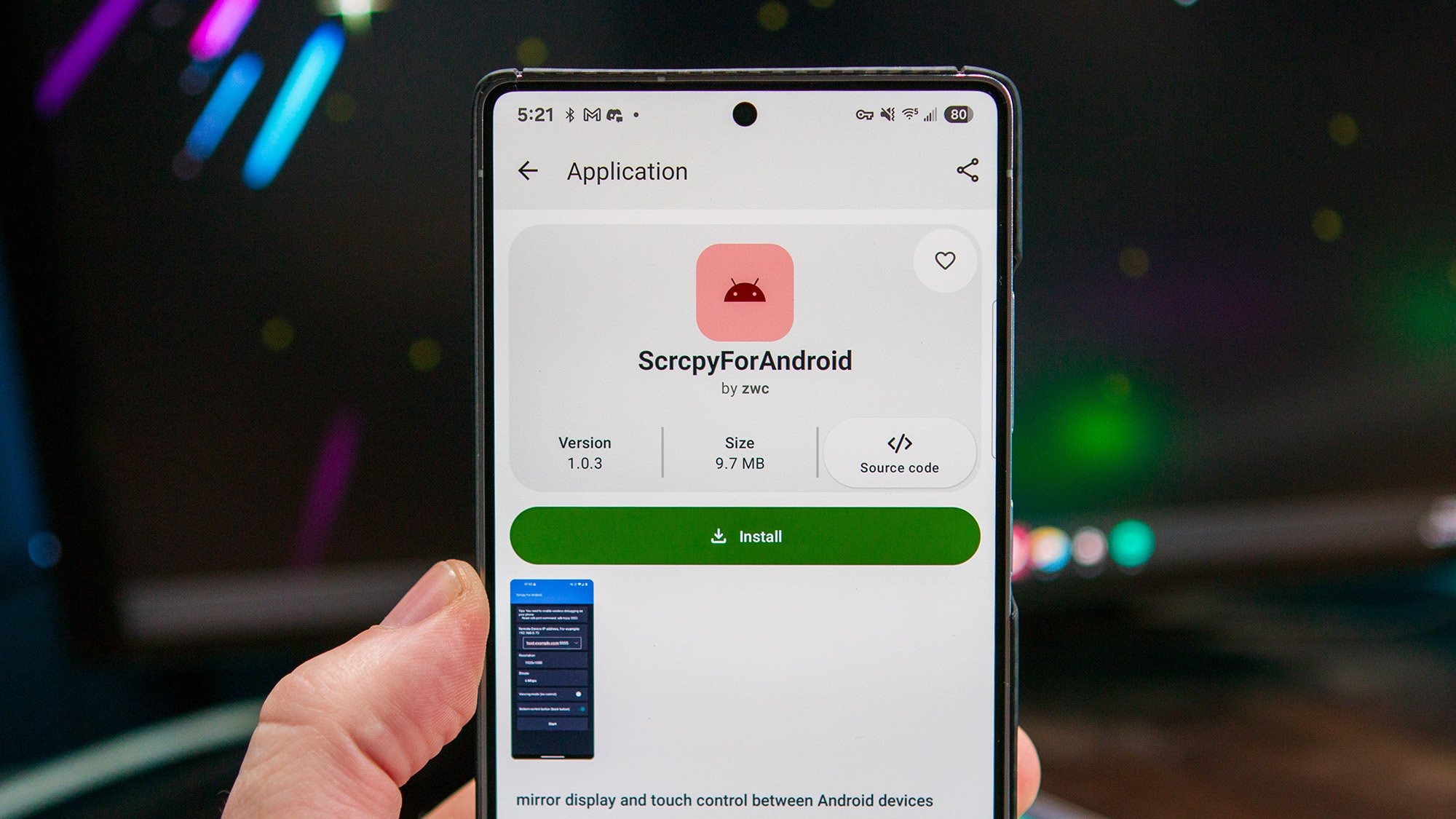
This is where my anti-Play Store journey began, as there really are a lot of fantastic open-source apps that don't get the recognition they deserve. Yes, there's a lot more digging and nuance involved, but in the end, it's well worth it.
But what if you're like me and have a curated list of open-source apps that you want to download and keep updated? Well, that's where Obtainium comes in.
Obtainium to the rescue

I first learned about Obtainium early last year, as I was expanding my knowledge of retro gaming on Android handhelds. See, there are a decent number of recommended and reliable emulators on the Play Store, but there are even more that aren't. At the time, this was before Nintendo wrecked Switch emulation, so Obtainium made it easy to keep Yuzu and its forks updated.
With Obtainium, you're able to bypass F-Droid or the Play Store and get apps and updates directly from the source. However, there are "over a dozen source websites, including GitHub, GitLab, and F-Droid."
The process of adding apps can still be tedious, especially if the majority of them come from GitHub and you end up bumping up against the rate limit. That can be solved by signing up for a GitHub and/or GitLab account and generating a Personal Access Token that is added to Obtainium.
However, there's also a solution to being able to keep the list of apps across devices, without needing to manually add them every time. Obtainium lets you export the list of apps that you've curated, complete with any specific information that you've added such as the name or category. So as long as you keep the exported JSON file backed up, you can just download Obtainium and import the list when you get a new Android device.
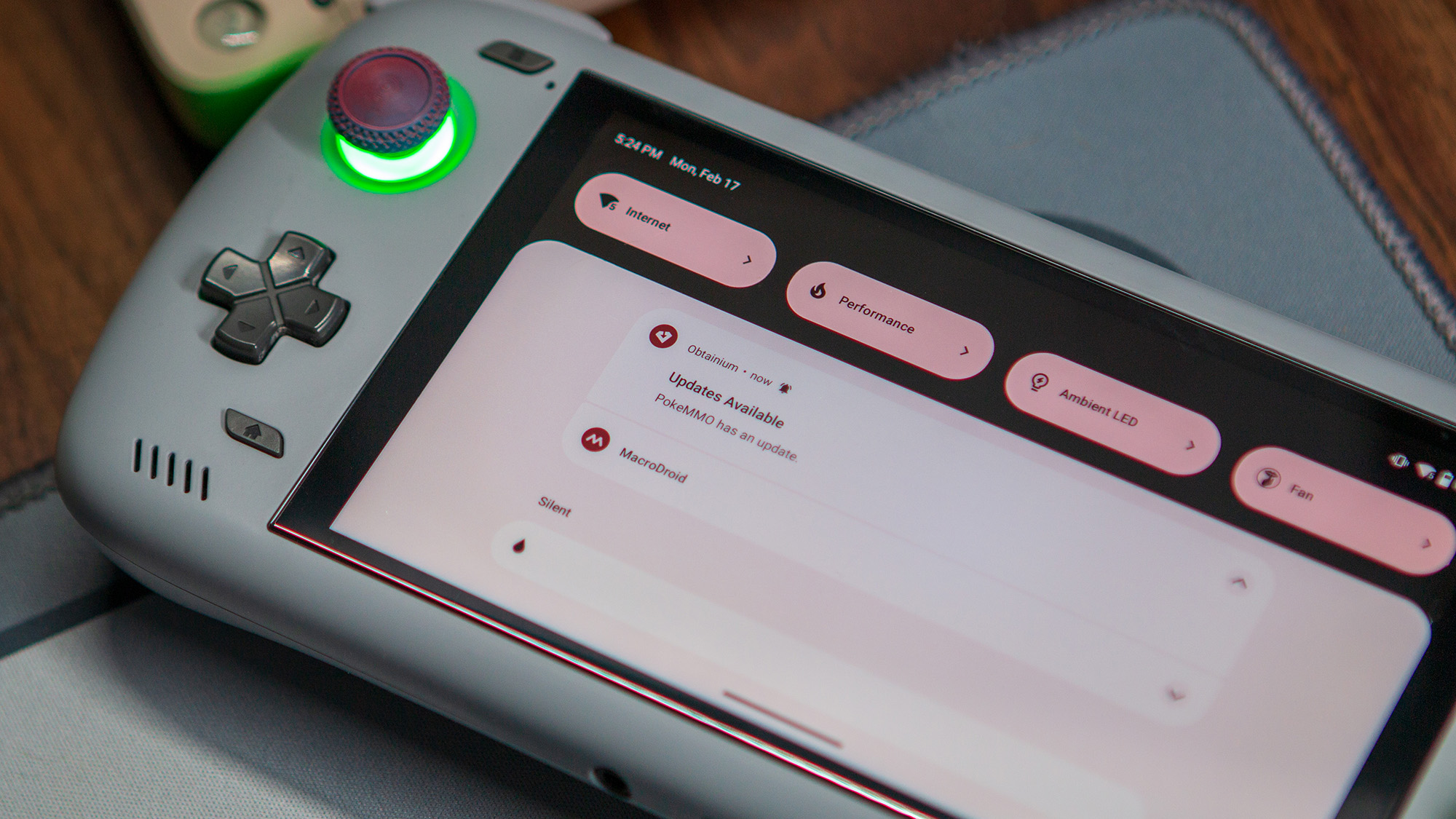
The fun doesn't stop there, however, as you can also add things and set them to "Track-Only." With this, you'll be notified when there's a new release, but it's not actually an app that can be downloaded. I use this to keep track of when new drivers are released, along with tracking multiple forks of the same app.
Because I've been getting more and more open-source apps, and not just the ones on Android, I've also started using GitHub more and more. So, when I learned that I could create a repo and upload my exported list of apps, I got pretty excited.
This way, I don't have to try to remember what cloud storage service I uploaded it to while keeping my "open source world" tied together quite nicely. Plus, there are a bunch of "crowdsourced app configurations" that can be added with just a couple of taps.
Look, I know that this isn't a path that many will venture down, and it's okay if you don't really have issues with the Play Store. But if you're like me and want something better, and that gives you more control, definitely check out Obtainium.







